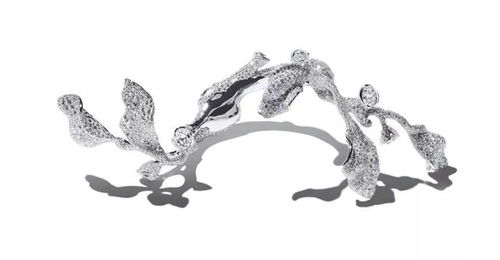Content:
Introduction: Fishing is an ancient hobby that has been enjoyed by people of all ages for centuries. Whether you are a beginner or an experienced angler, the thrill of catching a big fish is something that every angler dreams of. In this article, we will share some invaluable tips from the fishing masters on how to increase your chances of landing that trophy catch. So, let's dive into the world of big fish fishing and learn the secrets of the experts.
Choose the Right Location: The first step in catching a big fish is to find the perfect location. The fishing masters emphasize the importance of researching and understanding the habits of the fish you are targeting. Look for areas with abundant food sources, such as deep holes, weed beds, or drop-offs. Additionally, consider the time of year and weather conditions, as these factors can significantly impact fish behavior.

Select the Right Equipment: To catch big fish, you need the right equipment. The fishing masters recommend using a strong, durable rod and reel that can handle the fight of a large fish. A good quality braided line with a high tensile strength is essential to ensure that you can land your catch without breaking off. Additionally, invest in a strong leader and a good quality hook that matches the size and type of fish you are targeting.
Master the Art of Baiting: The way you present your bait can make a significant difference in your chances of catching a big fish. The fishing masters suggest using natural baits that are commonly found in the fish's habitat. For example, if you are targeting bass, use live bait such as worms, crayfish, or minnows. When using artificial lures, experiment with different colors, sizes, and retrieves to find what works best in your specific fishing environment.
Patience is Key: Catching big fish requires patience and perseverance. The fishing masters emphasize the importance of being patient and giving the fish time to bite. Avoid rushing your casts or reeling in too quickly. Instead, focus on maintaining a slow and steady retrieve, allowing the bait to sink and rise naturally. This method is more likely to trigger a strike from a big fish.
Learn to Read the Water: One of the most important skills a fishing master possesses is the ability to read the water. Pay attention to the structure and bottom composition of the area you are fishing. Look for areas where fish are likely to congregate, such as rocks, logs, or vegetation. Additionally, observe the surface of the water for signs of fish activity, such as ripples, boils, or jumps.
Adapt to Changing Conditions: The fishing masters understand that conditions can change rapidly on the water. Be prepared to adapt your tactics accordingly. If the fish are not biting, try changing your bait, lure, or technique. Additionally, be mindful of weather changes, such as wind, rain, or temperature fluctuations, as these can impact fish behavior.
Practice Proper Catching Techniques: Once you have landed a big fish, it's crucial to practice proper catching techniques to ensure the fish's safety and well-being. The fishing masters recommend using a net with a soft mesh to avoid damaging the fish's scales. When handling the fish, be gentle and support its weight to prevent injury. If you plan to release the fish, make sure to follow proper release techniques to minimize stress and increase the fish's chances of survival.
Conclusion: Catching big fish is a rewarding and challenging endeavor that requires skill, patience, and knowledge. By following the tips and techniques shared by the fishing masters, you can increase your chances of landing that trophy catch. Remember to respect the fish and the environment, and always practice ethical fishing. Happy fishing!












